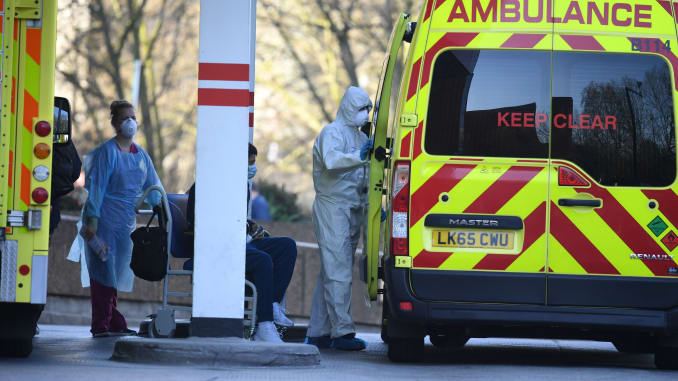[ad_1]

Another 3,398 people in Britain have tested positive for COVID-19, down from 4,182 cases reported Friday, which was the highest daily number since April 1, according to official figures released Saturday, Trend reports citing Xinhua.
The total number of coronavirus cases in the country now stands at 4,480,945, according to official figures.
The country also reported another seven coronavirus-related deaths, bringing the total number of coronavirus-related deaths in Britain to 127,775. These figures only include the deaths of people who died within 28 days of their first positive test.
The latest data were revealed as a British expert warned that the India-related coronavirus variant could “pick up speed and become a big problem” in Britain as the country further eases its lockdown.
Britain’s fight against coronavirus could turn bad “very, very quickly” unless the government acts cautiously on easing lockdown further, professor Tim Gowers from the University of Cambridge told The Guardian newspaper.
The India-related COVID variant cases have doubled in a week in England to almost 7,000, prompting concerns that the government’s lockdown roadmap will be derailed.
From May 17, pubs, bars and restaurants in England were permitted to open indoors, while indoor entertainment resumed, including cinemas, museums and children’s play areas.
People were also allowed to travel abroad to a number of “green-list” countries without having to quarantine upon return as the ban on foreign travel has also been lifted.
The British government’s roadmap is expected to see all legal limits on social contact to be removed on June 21. It is understood that a final decision on the planed easing of lockdown will not be made until June 14.
More than 39 million people, about three-quarters of adults in Britain, have been given the first jab of the coronavirus vaccine, according to the latest official figures.
Experts have warned that coronavirus may continue to evolve for years to come, and eventually it is likely current vaccines will fail to protect against transmission, infection, or even against disease caused by newer variants.
To bring life back to normal, countries such as Britain, China, Russia, the United States as well as the European Union have been racing against time to roll out coronavirus vaccines.
[ad_2]
Source link